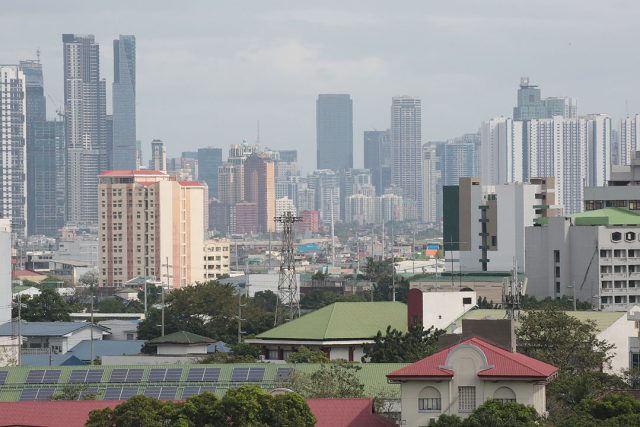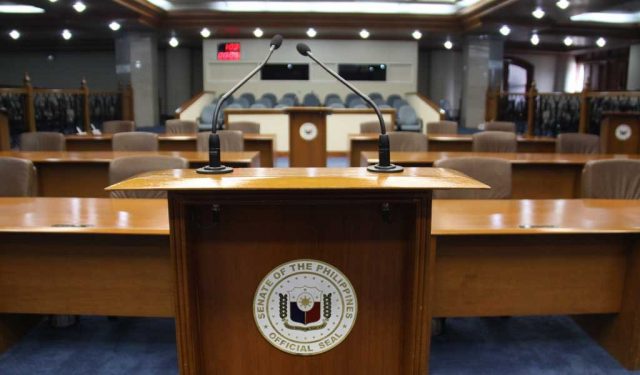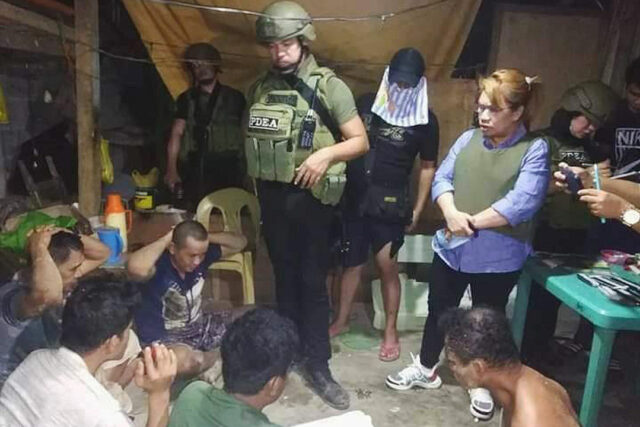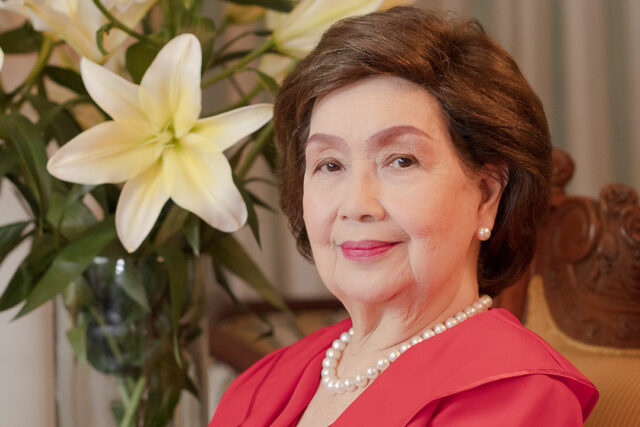South Cotabato lifting of open-pit ban still at risk of governor’s veto
THE re-elected governor of South Cotabato, the province which hosts the stalled Tampakan copper-gold project, could still veto provincial council legislation lifting a 12-year ban on open-pit mining, after he formed a panel to study the matter.
Governor Reynaldo S. Tamayo, Jr., who just won a second three-year term, told a group of protestors last week that he will “study” and “talk” to all sides before acting on the provincial council ordinance.
In March, Mr. Tamayo approved a resolution of the Provincial Development Council that supported a continued ban.
Last week, the provincial council approved changes to the province’s Environment Code, among them an end to the ban on open-pit mining.
A final copy of the council resolution has yet to be submitted to Mr. Tamayo for approval or veto. It will automatically lapse into law 15 days after the official transmission to the governor’s office.
“I will study everything that could be studied and talk to everyone to be sure that your governor’s decision will be in line with what is right and proper (for the people and the environment),” he told the crowd, which included residents, religious leaders, and nongovernment groups.
Among those present was the Davao-based advocacy group Interfacing Development Interventions for Sustainability (IDIS), which warned against the potential impact of the Tampakan project on various watersheds and the Davao Gulf.
In a statement, IDIS said the open-pit mining project will affect multiple watersheds in South Cotabato, as well as the nearby provinces of Sultan Kudarat, Maguindanao, and Davao del Sur.
“Watersheds are geographical ecological units, and what happens in one part of the watershed will influence the whole watershed from forests, agricultural, urban, and coastal to estuarine ecosystems,” it said.
IDIS also pointed out that the project will use extensive groundwater resources and transport highly toxic wastewater through a 150-kilometer pipe that will drain into the Davao Gulf.
“There is a treatment process presented. However, the risks of overland flow, flooding disasters, or possible collapse of tailings ponds will inevitably impair marine and aquatic biodiversity, fish stocks, and aquaculture in the coastal areas.”
“We call on the people of the Davao Region, particularly Davao del Sur, to participate in this issue, as we will also be affected by the impacts of this project,” it said.
Officials of the Department of Environment and Natural Resources and its mining-related agencies have assured that they will closely monitor the project’s operators to ensure compliance with regulations.
Tampakan developer Sagittarius Mines, Inc. has also said that it will have responsible mineral extraction safeguards.
The site is estimated to hold some 15 million tons of copper and 17.6 million ounces of gold. — Maya M. Padillo












